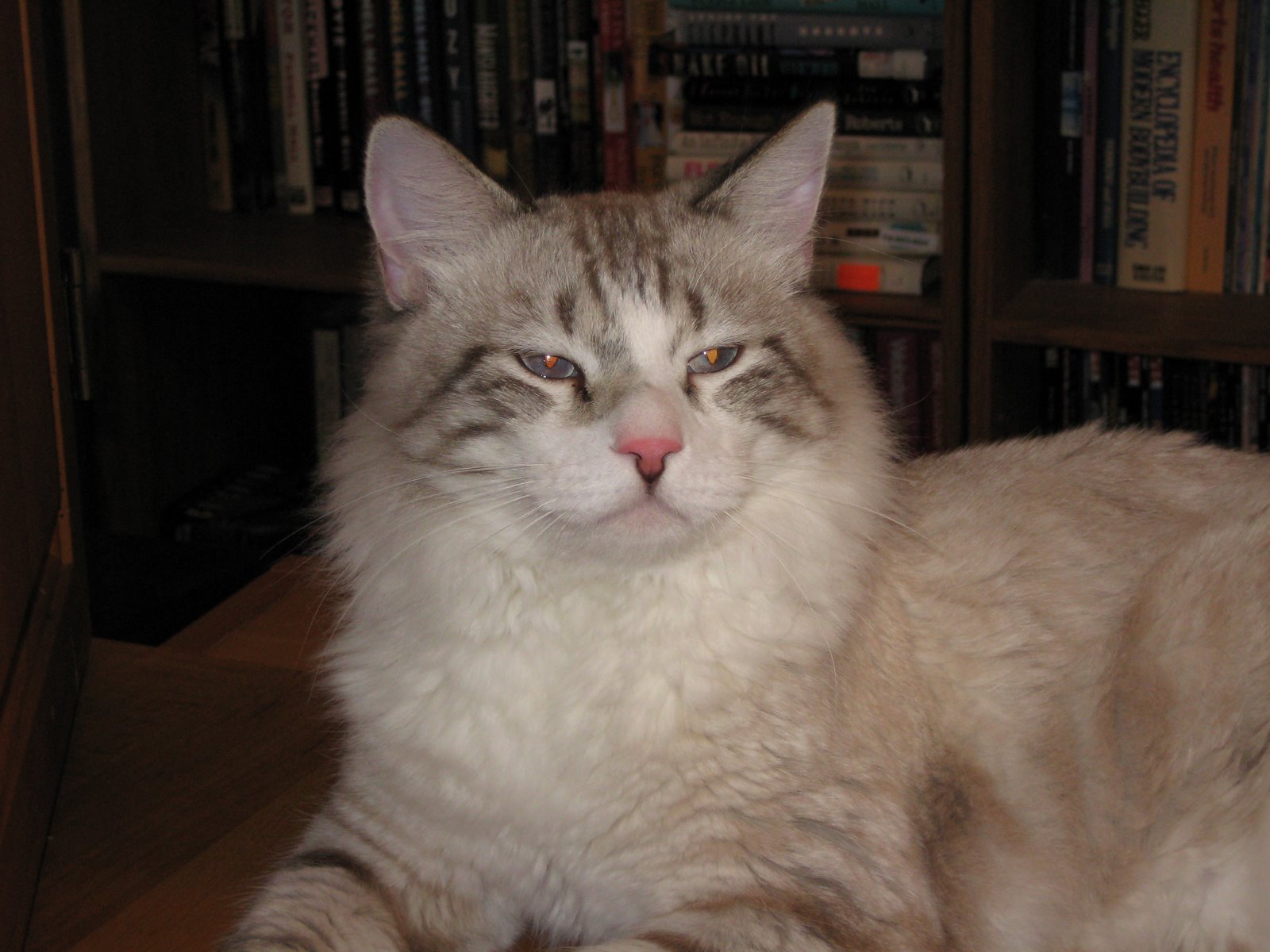A review by Ric Hickey
Paul Myers has penned the definitive Todd Rundgren biography. Dispensing with the typically invasive biographical method of delving into a subject’s personal life, Myers here instead sticks to the real meat of the matter: The artist’s work. Dedicated solely to Rundgren’s music and production, the book is a much more intriguing and respectful biography than one could ever pen in the more traditional vein. Forgoing the need to supplant the text with salacious anecdotes and insidious speculation, Myers’ respectful approach is best exemplified by his decision to dedicate no more than a single paragraph to Rundgren’s tumultuous break-up with Bebe Buell.
Though Rundgren’s tongue had already taken up permanent residence in his cheek by the time he named his 1973 magnum opus A Wizard, A True Star, time has proven this moniker to be apt, accurate, and certainly suitable for this book’s title as well. A willing participant in the interview process for this manuscript, Rundgren’s every contribution is insightful, revealing, acerbic, and often funny as hell. From the first few pages his quotes are brutally honest, including very frank discussions about his experimentation with drugs.
Young Rundgren’s high school band experience morphed into the psychedelic garage act Nazz and subsequent recording contract as a solo artist. First establishing himself as a hit-maker as early as 1972, he was soon tapped to produce other artists as well. With “Hello It’s Me” topping the charts, he was busily constructing his first studio in a friend’s loft apartment on 13th street in New York City. Making it up and learning the ropes as he went along, Rundgren mastered the rules of performance and production as he simultaneously went about breaking them to suit the needs of his impeccable ear. In retrospect, it’s amazing how the first fruits of his improvised construction of a recording studio from the ground up resulted in the psychedelic masterpiece A Wizard, A True Star. This was just one of what would be a string of wildly diverse and endlessly inventive self-produced solo LPs.
In the early ‘70s, Rundgren settled comfortably into the producer’s chair and helped birth two hard-rock classics of the era: The New York Dolls’ self-titled debut album and what would turn out to be Grand Funk’s biggest selling LP, We’re An American Band. Rundgren’s production resume reads like a who’s who from almost every imaginable subgenre of rock music, from prog to punk. The list of enthusiastic contributors to this book includes Patti Smith, David Sanborn, Hall & Oates, Steve Hillage, Jim Steinman, Meat Loaf, Flo & Eddie, as well as members of the Psychedelic Furs, Badfinger, the Tubes, Cheap Trick, the New York Dolls, XTC, and Utopia.
Though the band members seemed to grasp that Utopia was not a top priority to Rundgren or his label, he did keep them busy as hired hands whenever possible. Sidemen on countless projects, Kasim Sulton and Prairie Prince were employed numerous times, including the sessions for the first LP by ‘70s teen pop idol Shaun Cassidy. (Correction here-it was Willie Wilcox on these projects, the drummer for Utopia. Prarie Prince was drummer for th Tubes and did not become a Todd sideman until the 90's)
No one in the music business was busier or in higher demand in the 1970s than Todd Rundgren. He produced a staggering number of hit records around this time, including Meat Loaf’s seminal Bat Out Of Hell LP. Though the torrid and complicated back history of that legendary album is well known by now, it is curious to contemplate how the backing band assembled for those sessions was one half Utopia and one half Springsteen’s E Street Band.
In the ‘80s, Rundgren’s already busy production schedule kicked into high gear with a steady stream of artists passing through his studio. At this time, he kept himself busier than ever in order to keep his ill-fated video production studio afloat. In addition to his reputation as an audio production genius, he was an early proponent of video and computer technology. He often found himself way ahead of the curve with these emerging technologies, and many of his experiments failed to generate much notice or sales. The advent of the personal computer marked a major turning point for Rundgren and opened him up to a world of possibilities. He continues to explore new technologies today.
Over the course of literally hundreds of sessions with dozens of artists displaying varying temperaments, there were bound to be clashes in the studio between hardheaded artists and their sarcastic, self-assured, and sometimes condescending producer. In the long run and in spite of their strong differences at the time, many found that Rundgren was almost always right in his convictions. In addition to his role as producer, he is also a multi-instrumentalist who contributed mightily to hundreds of these recordings.
Seemingly, every artist that has worked with him over the years has nothing but good things to say about him. Many credit Rundgren with making them better musicians and songwriters. Others say he broadened their horizons, and in numerous cases his efforts propelled them to greater fame. Today he looms like a mischievous guardian angel over the careers of countless recording artists, and this tome about his life and works pays a great and important homage to his legacy.
A Wizard, A True Star: Todd Rundgren in the Studio
By Paul Myers (Jaw Bone Press, 2010)
Purchase: the book at amazon.com
Read the original review
Subscribe to:
Post Comments (Atom)
HOBBY OR ADDICTION?








No comments:
Post a Comment